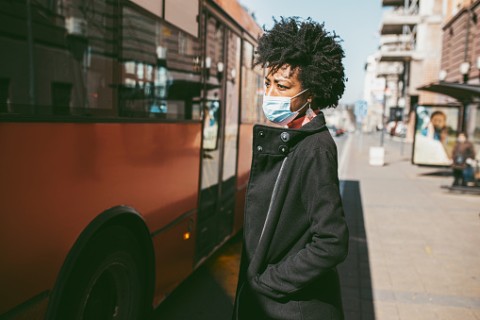The coronavirus pandemic’s unequal burden on African Americans
A plague is being visited on all of us, but not evenly.

Earlier this month it was reported that 42 percent of the COVID-19 deaths in Wisconsin were African Americans—a group that constitutes just 6 percent of the state’s overall population. Chicago is 30 percent black; 72 percent of its pandemic deaths have been African Americans. In Michigan, 40 percent of the dead are black, although African Americans make up only 14 percent of the population. Other states and communities have reported similar disparities.
Health officials tell us that this novel coronavirus attacks those with comorbidities the hardest, and African Americans are far more likely to have underlying conditions such as hypertension, diabetes, and asthma. This makes them both highly susceptible to COVID-19 and more likely to die from it if they do get infected.
But why are there so many comorbidities among African Americans? One word may explain: poverty.




